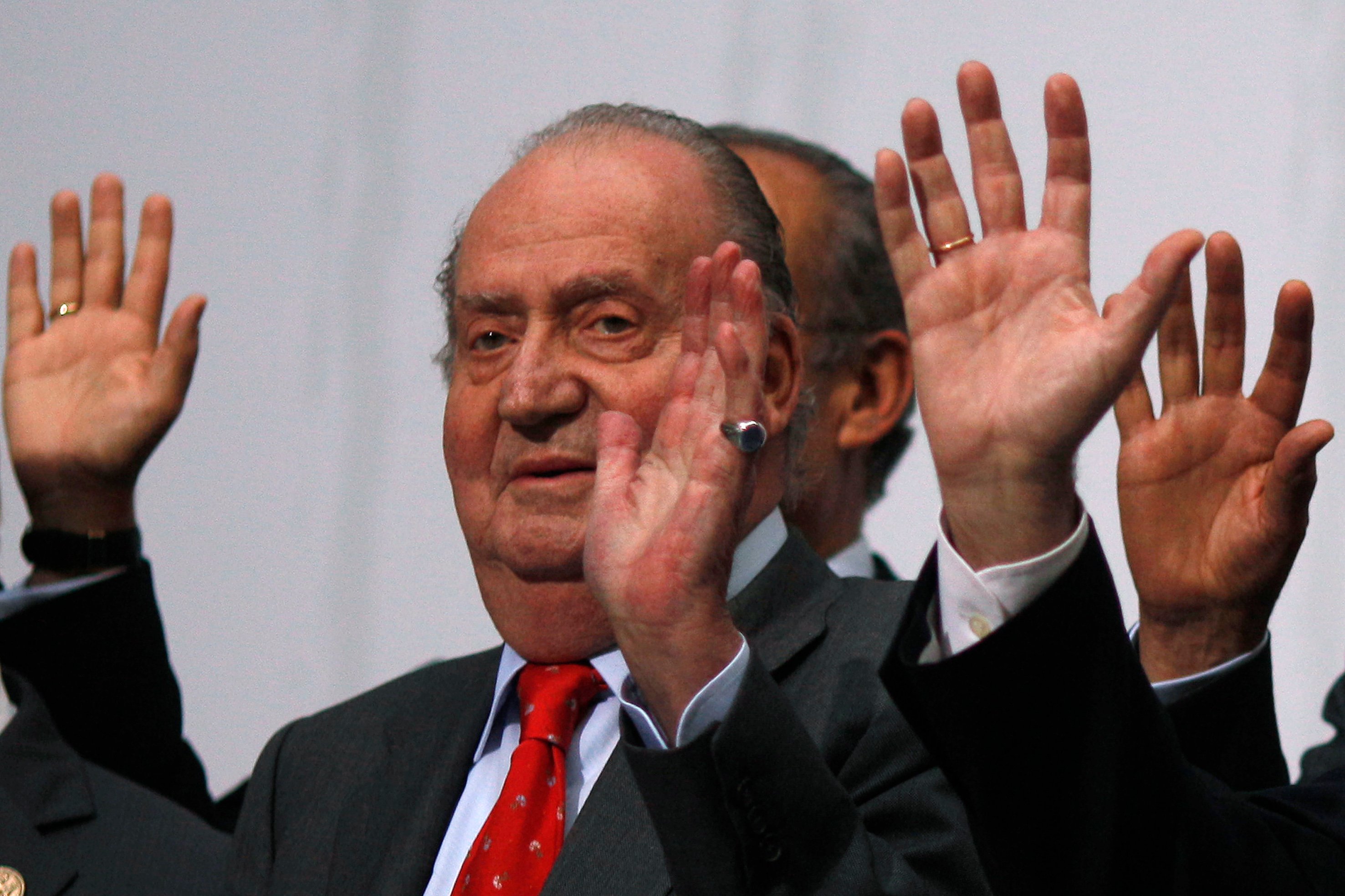The multi-million euro Swiss bank accounts of Spanish king emeritus Juan Carlos I continue to exercise a reverse Midas effect on those who have touched them. The latest name added to the list of those under investigation in the alleged corruption case is Yves Mirabaud, president of the bank Mirabaud & Cie, where the 65 million euro sum sourced from Saudi Arabia was deposited in an account whose beneficiary was the then-head of state of Spain. According to the newspaper El País, the Swiss prosecutor investigating the accounts linked to the Spanish monarch believes Mirabaud may have failed in his duty to report suspicious deposits to the Money Laundering Reporting Office Switzerland (MROS), the Swiss body dedicated to combating money laundering.
From the beginning of the investigation, the prosecutor has stated that Mirabaud & Cie, as a legal entity, would be listed as under investigation for an alleged aggravated crime of money laundering. But now, the investigation is zooming in on former key figures at the bank who, the prosecution suspects, may have looked the other way as the then-Spanish king performed operations that were, at the least, suspicious.
Secrets kept from rest of the bank
Mirabaud has ended up being a focus of investigation after the Swiss prosecutors took new statements from the main actors in the case. The bank's president had made an earlier statement on the case. However, he has been placed in the prosecutor's spotlight again due to a declaration inferring that neither the bank's compliance department, which oversees the institution's reputation, nor its legal department knew that Juan Carlos I was the person behind the account of the Panamanian company Lucum.
Mirabaud himself told the prosecutor, says El País, that only members of the bank's Board of Associates knew that the final beneficiary of the account was the Spanish head of state. "The only reason that it was decided to maintain confidentiality within the bank over the name of the beneficiary was as follows: it was a question of avoiding too wide a dispersion among employees with the intention of maintaining discretion", the banker said.
In other words, there were people at the bank who did know that the now-retired king was behind an account receiving suspicious transactions. Given this fact, the prosecutor asked if anyone in the bank's Council questioned the legality of the Saudi deposit, to which Mirabaud simply replied: "I don't remember asking the legal advisers for information on whether his condition as king of Spain allowed him to receive these funds".
The surprising "lack of interest" from the bank president, who chaired the Swiss financial institution's anti-money laundering committee between 2003 and 2013, in finding out the legal status of the account linked to Juan Carlos I is in the same line as other responses from the bank in the case. The prosecutor has been able to show that no one within the Swiss bank demanded that the 65 million euros be declared to the Spanish treasury.
Father and son
The account at the centre of the investigation belonged to the Panamanian company Lucum. Behind this front company, the main beneficiary was Juan Carlos I and the second beneficiary was his son, present Spanish king Felipe VI. The Spanish royal house has affirmed that the current head of state was unaware of his presence in the statutes of this company, according to El País.
Main image: Spain's king emeritus Juan Carlos I at an event in 2014 / ACN

